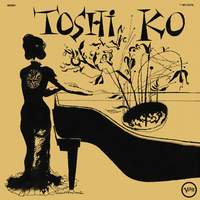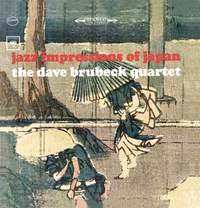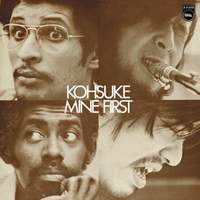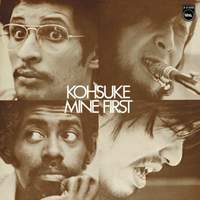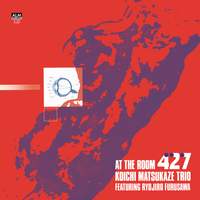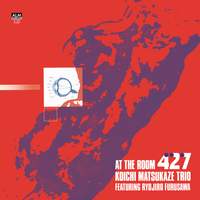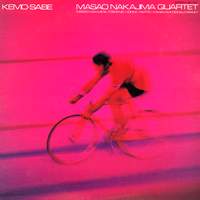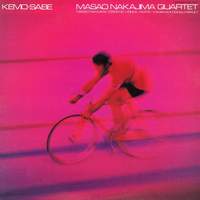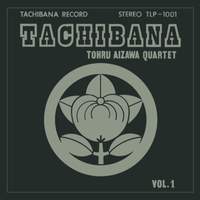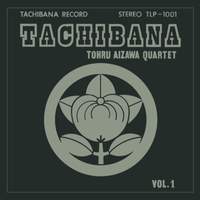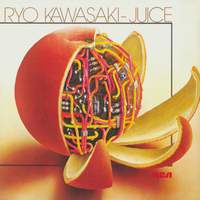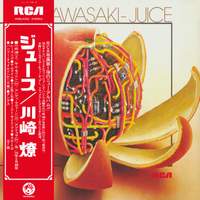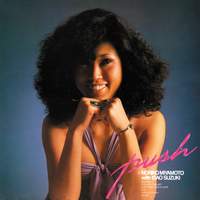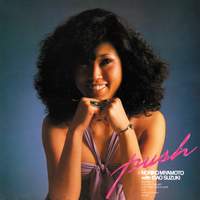Tangents,
Music for a Japanese Listening Bar

A country of many contrasts, the constant push and pull between tradition and modernity is what has shaped Japan’s cultural identity over the last half-century. Nowhere is this better understood than through the historical lens of jazz, not to mention the quasi-religious reverence particular generations of Japanese audiences have come to hold for the genre.
Its modern roots can be traced to the aftermath of World War Two during the period of American occupation. The proliferation of jazz in Japan can be seen as an effect of the Western possessors weaning the native population away from their potential fascist inclinations and towards the more liberal and democratic values embodied by the music. Besides importing records, American soldiers would often request swing bands perform tunes from back home to dance to with their partners. Yet they had nothing to fear, since the population was largely willing to rebuild its post-war image from the ground up against the seemingly peaceful backdrop of NATO and the Warsaw Pact. Far removed from the seedy underworld of its origins, jazz became a highfalutin affair in the land of the rising sun.

So engrossed were Japanese audiences by the rarity of this ecstatic artform that a subculture emerged of jazz kissa or listening bars, the only places outside of concert halls and venues where Western music could be heard. These had existed for several decades previously, but it was after the war, when the costs of importing records from America rendered them far too expensive a commodity for the average Japanese enthusiast, that kissa as we know them today truly began to emerge. The scholarly master or masuta was responsible for running the bar and curating its intimate listening sessions, with only the most loyal of patrons being allowed to offer their own contributions. Serving not just a social purpose but an educational one as well, the format taught listeners about the latest jazz album before it would be played out loud in full on the venue's customised sound system. Later, such quirks as low-level lighting and strict ‘no-talking’ policies would help solidify the bohemian allure of kissa.
In more recent times, kissa exist as dingy relics of the past, where their proprietors still long to broadcast jazz for public consumption. More than just poky corners of nostalgia, however, they function as treasure-troves of musical history (and the collections of LPs they boast are amongst some of the world's most enviable). The gobal best-selling author Haruki Murakami ran his own establishment for a spell. There have been many adjustments over the years in order to cling to relevancy and move with the times, ultimately for survival's sake. But, even to this day, visitors to Japan can fortunately count on the opportunity to authentically experience what is now considered a high art with no cultural equivalent: dedicated musical appreciation; concentrated yet communal.
Here are some records you could expect to find in our own Presto kissa...
Available Format: CD
Available Formats: CD, MP3, FLAC, Hi-Res FLAC
Available Formats: CD, MP3, FLAC, Hi-Res FLAC
Available Formats: CD, MP3, FLAC, Hi-Res FLAC
Available Formats: CD, MP3, FLAC, Hi-Res FLAC


